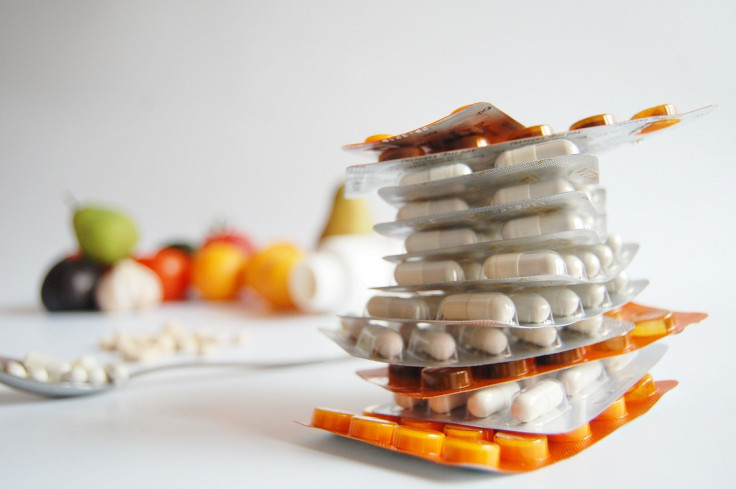Vitamin D Deficiency: How To Tell If You Have This Condition

Unknown to many, vitamin deficiencies are actually quite common. Though the most common of them all is vitamin A deficiency, vitamin D is slowly becoming quite widespread that many people are not at all aware that they have it.
Vitamin D is an essential vitamin since it helps absorb calcium that is needed to promote bone growth. The main producer of vitamin D in the body is the skin. It manufactures this substance when exposed to the sun, according to Yale Medicine.
However, sometimes the vitamin D being produced by the skin is not enough. A level of this vitamin less than 20 ng/ml in the body is indicative of a deficiency. This is when certain signs and symptoms start manifesting and they have a negative impact on the quality of life.
Boxrox has listed the different signs and symptoms of vitamin D deficiency so you'd know if you have this condition. The first of which is falling sick often. Since vitamin D plays a role in the immune system, a deficiency would result to easily catching illnesses caused by bacteria and viruses.
Another sign is sustained fatigue. Studies have shown that people with vitamin D deficiency always feel tired. Apparently, vitamin D has the ability to boost energy and keep the body active for a long time. Too little of it in the body would mean a drop in energy.
The third and the most expected sign of vitamin D deficiency is poor bone health. As mentioned earlier, the vitamin plays a crucial role in bone development. When its level is insufficient, there is a greater risk of experiencing bone damage, fractures and other injuries.
Hair loss is also a sign of vitamin D deficiency. Research has linked this condition to severe hair loss called alopecia. Although experts have yet to fully establish the connection between the two, there's been a study that showed how females with lower levels of vitamin D suffered from female-pattern baldness.
Finally, the last but not the least symptom to take note of is how wounds heal slowly. Vitamin D deficiency has been linked to the poor performance of the body's self-healing mechanisms. Vitamin D is involved in such mechanisms. When there is little amount of the substance in the body, the healing process becomes slower than usual.
If you feel like you have vitamin D deficiency based on the aforesaid symptoms, you may need to consult with a doctor for guidance on what to do about it. Registered dietitian Kate Patton said that you may also address the signs and symptoms of the condition by obtaining enough vitamin D from fortified milk, yogurt as well as fatty fish like salmon and tuna.
Published by Medicaldaily.com



























